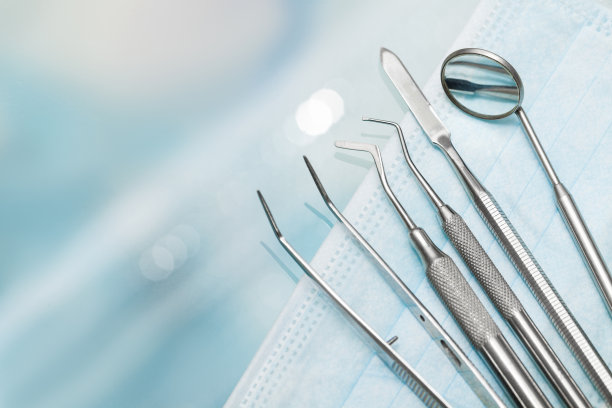Understanding the Process and Importance of Extracting a Tooth in Dental Care and Health
Summary: Extracting a tooth may seem daunting, but it is often a necessary procedure in dental care that can significantly improve overall oral health. This article delves into the intricate process of tooth extraction, exploring its importance in various contexts, including the relief of pain, prevention of dental complications, and improvements in dental hygiene. Additionally, it breaks down the emotional and psychological aspects that patients often face, alongside the methods used by dental professionals to ensure comfort and safety during the procedure. By gaining a better understanding of tooth extraction, patients can approach dental care with greater confidence.
1. Understanding Tooth Extraction Process

Tooth extraction is a dental procedure involving the removal of a tooth from its socket in the bone. This process is typically performed by dentists or oral surgeons and can be necessary for a variety of reasons. The most common reasons for extraction include severe tooth decay, gum disease, or overcrowding of teeth. The dentist will conduct a thorough examination, often including X-rays, to formulate the best course of action.
The procedure begins with the administration of anesthesia, ensuring that the patient feels no pain during the extraction. After the area is numb, the dentist uses specialized tools to loosen the tooth and remove it carefully. Depending on the complexity of the case, this process can take from a few minutes to over half an hour.
Post-extraction care is as crucial as the procedure itself. Dentists typically provide instructions on how to manage any discomfort, signs of infection, and dietary recommendations during the healing process. This aspect helps to reduce anxiety for patients wary of the aftermath of tooth extraction.
2. Importance of Tooth Extraction for Oral Health
Tooth extraction can significantly enhance oral health by eliminating painful, infected, or damaged teeth that could lead to further complications if left untreated. For example, an abscessed tooth can cause ongoing pain and swelling, affect nearby teeth, and may necessitate more invasive procedures if not extracted in a timely manner.
By removing compromised teeth, dental professionals can help prevent the spread of infection. This preventive measure is vital for safeguarding overall health, as untreated dental issues can lead to systemic infections that affect other parts of the body.
Additionally, extraction can provide relief for patients suffering from overcrowded teeth. This not only facilitates better alignment and aesthetics but also allows for improved oral hygiene. With fewer teeth, brushing and flossing become easier, reducing the likelihood of cavities and gum disease.
3. Psychological Aspects of Tooth Extraction
The prospect of undergoing tooth extraction often provokes anxiety and fear in patients. Concerns about pain, the outcome of the procedure, and recovery can weigh heavily on an individual’s mind. Its essential for patients to communicate these feelings with their dental professionals, who are trained to provide reassurance and support.
Many dental practices are becoming more aware of these emotional factors and are taking steps to create a more comfortable environment for patients. Simple techniques such as pre-procedure consultations can help ease anxiety by familiarizing patients with the process and addressing any questions they may have.
Additionally, sedation options are increasingly available to help mitigate fear and discomfort. For patients with severe anxiety, conscious sedation may provide a solution, allowing them to remain relaxed and calm during the extraction while still being able to respond to the dentist’s instructions.
4. Aftercare Following Tooth Extraction
After undergoing a tooth extraction, proper aftercare is critical to facilitate healing and prevent complications. Following the procedure, patients are usually advised to bite gently on gauze for a specified period to minimize bleeding. It is crucial to follow the dentists instructions closely during the first 24 hours after the extraction.
Patients are often advised to avoid strenuous activities, sucking motions, or hot foods for a few days, as these can disrupt the healing process. Pain relievers may be prescribed or recommended to alleviate discomfort, and its essential to recognize the signs of complications, such as prolonged bleeding or excessive swelling.
Ultimately, good oral hygiene routines must be resumed gradually, beginning with soft foods and avoiding vigorous brushing near the extraction site. Regular follow-ups with the dentist can help ensure that the healing process is on track.
Summary:
Understanding the process and importance of tooth extraction in dental care is essential for patients and practitioners alike. Through comprehensive care and post-extraction support, patients can experience improved oral health and a significant reduction in anxieties associated with the procedure. Preparation for extraction, the procedure itself, emotional considerations, and diligent aftercare all contribute to a smoother dental experience.
This article is compiled by Vickong Dental and the content is for reference only.



